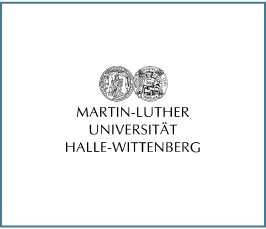Organic semiconductors for optoelectronics
Colloquium
- Date: Nov 25, 2016
- Time: 05:15 PM (Local Time Germany)
- Speaker: Prof. Richard Friend
- Cavendish Laboratory and Cambridge University
- Location: Martin-Luther-Universität Halle-Wittenberg, Institut für Physik, Theodor-Lieser-Str. 9, 06120 Halle
- Room: Gustav-Mie-Hörsaal
- Host: Martin-Luther-Universität Halle-Wittenberg

Pi-conjugated organic molecules and polymers now provide a set of
well-performing semiconductors that support devices, including
light-emitting diodes (LEDs) as used in smart-phone displays and
lighting, field-effect transistors (FETs) and photovoltaic diodes (PVs).
These are attractive materials to manufacture, particularly for
large-area applications where they can be processed by direct printing,
so that the cost of materials and processing can be very low. This
practical success is made possible by breakthroughs in the understanding
and engineering of the underlying semiconductor science. The physics of
organic semiconductors is often controlled by large electronhole
Coulomb interactions and by large spin exchange energies. Management of
excited state spin is fundamental for efficient LED and solar cells
operation. I will discuss in particular recent progress in the control
of emissive spin singlet excited statesand non-emissive spin triplet
excited states.